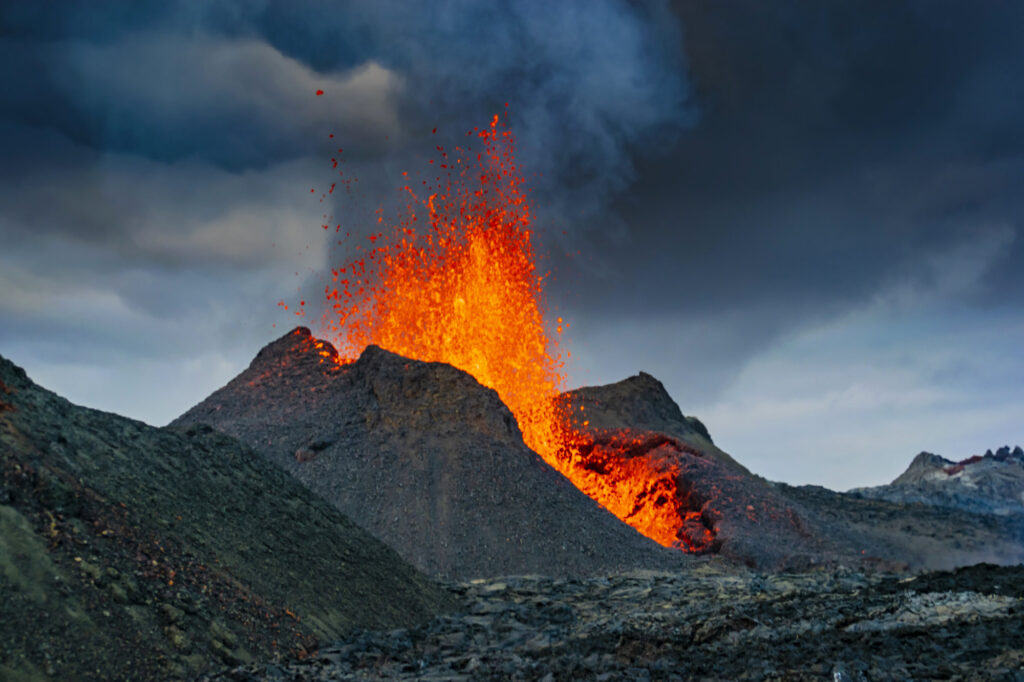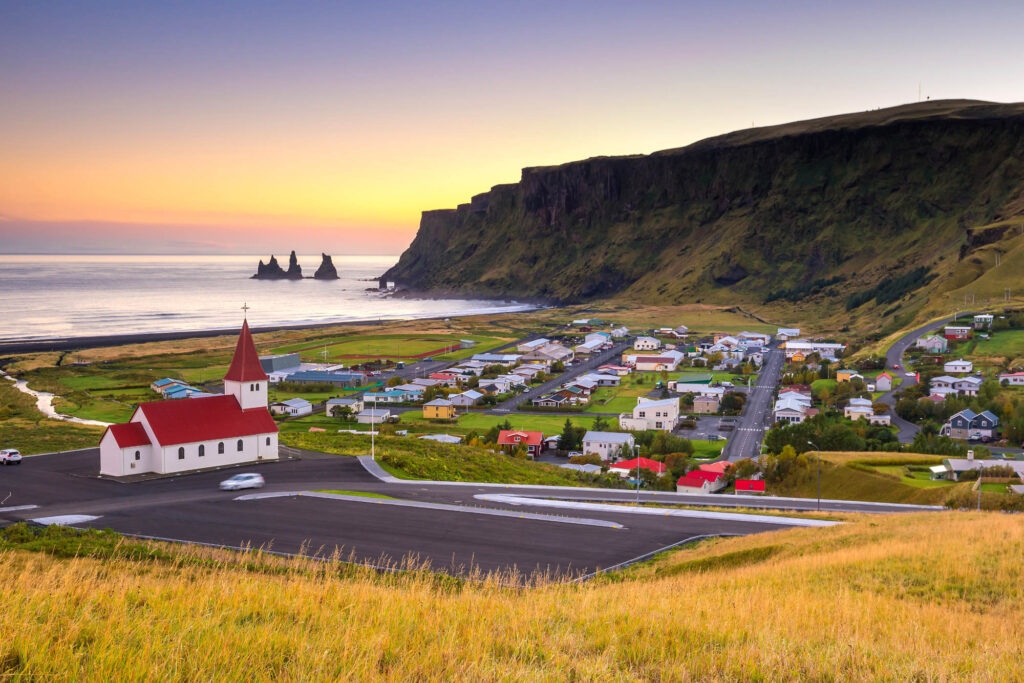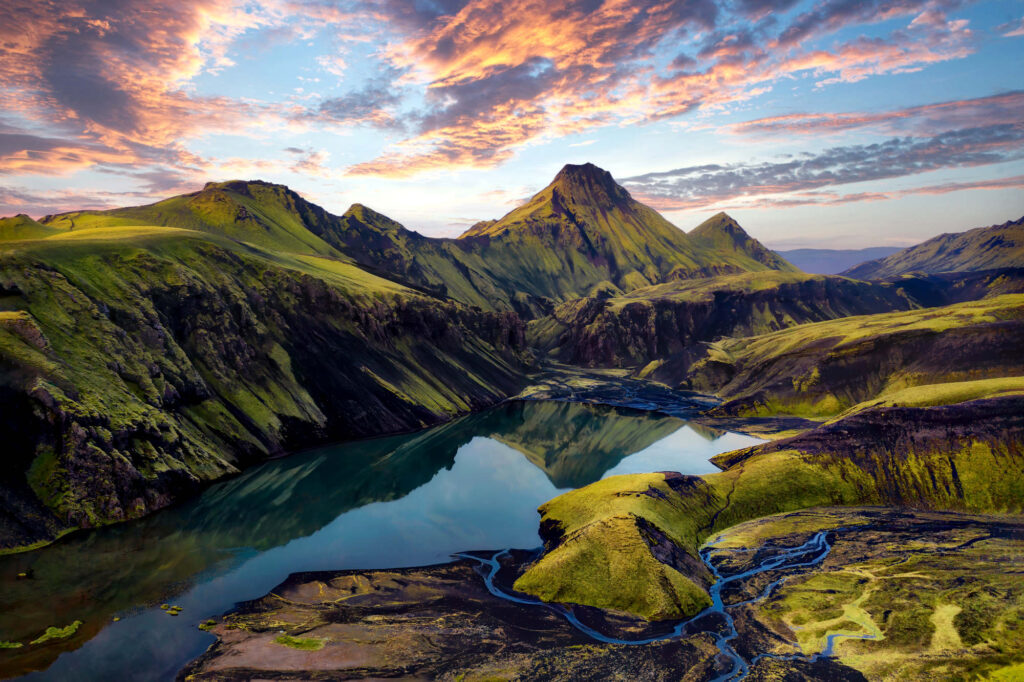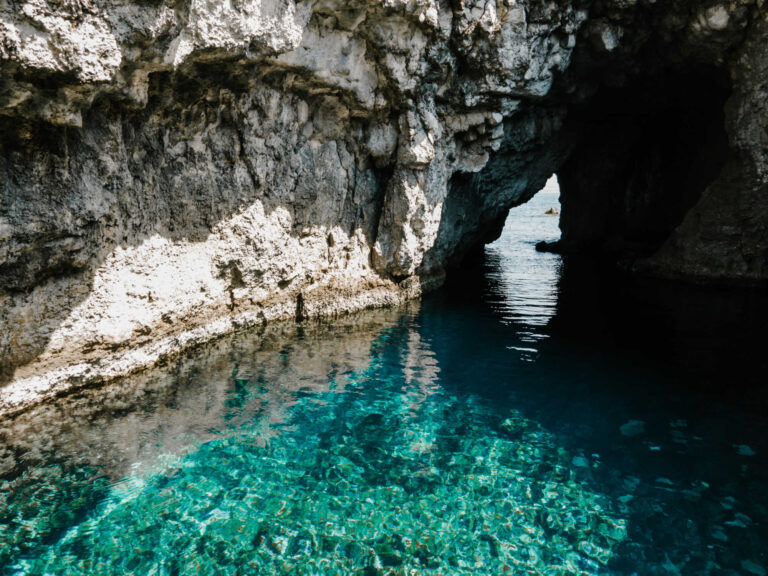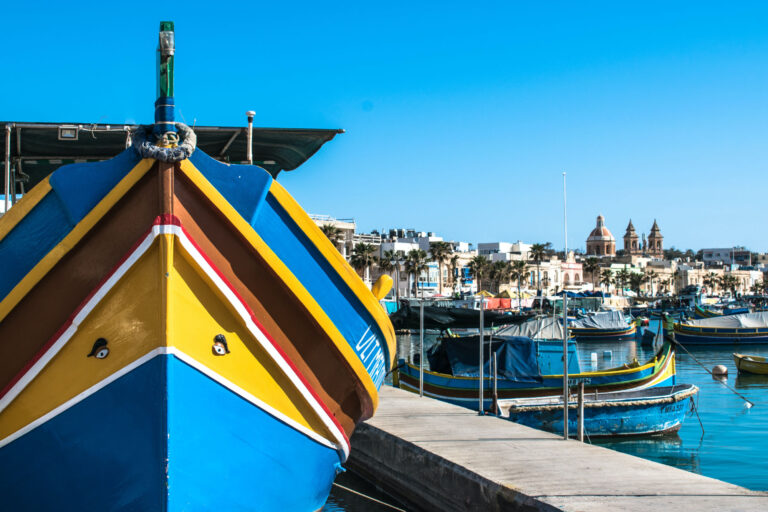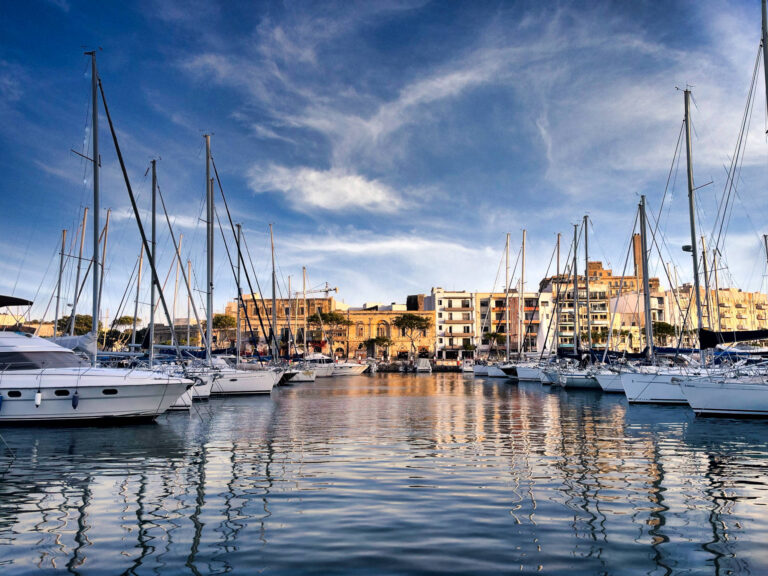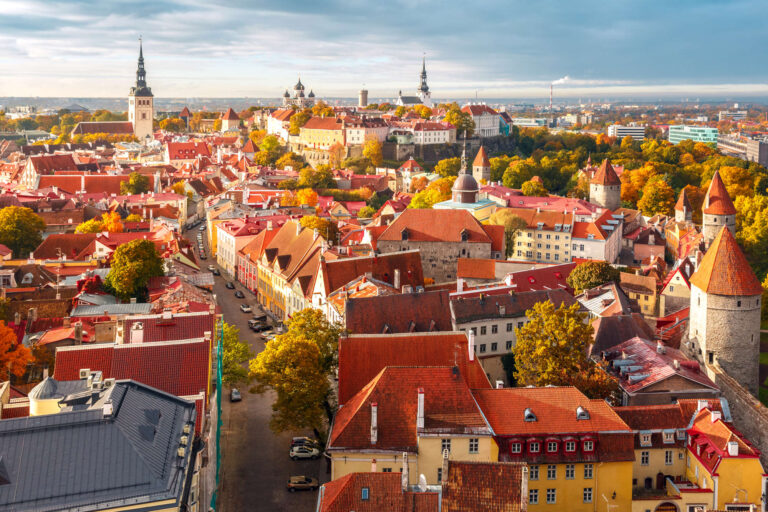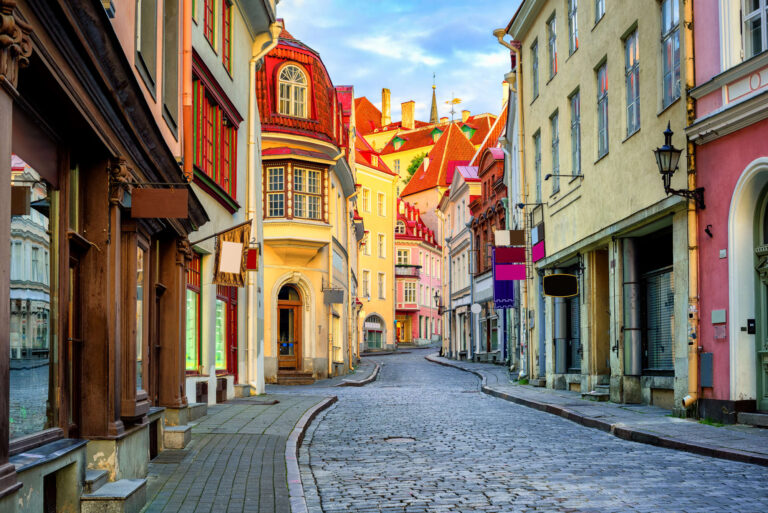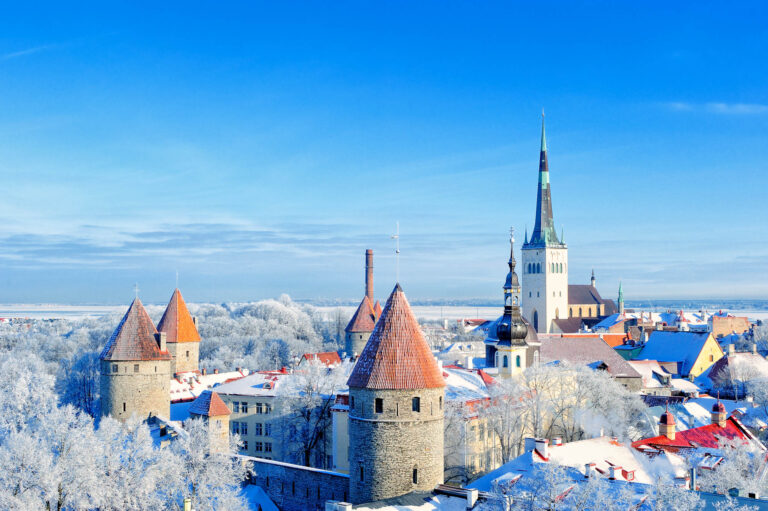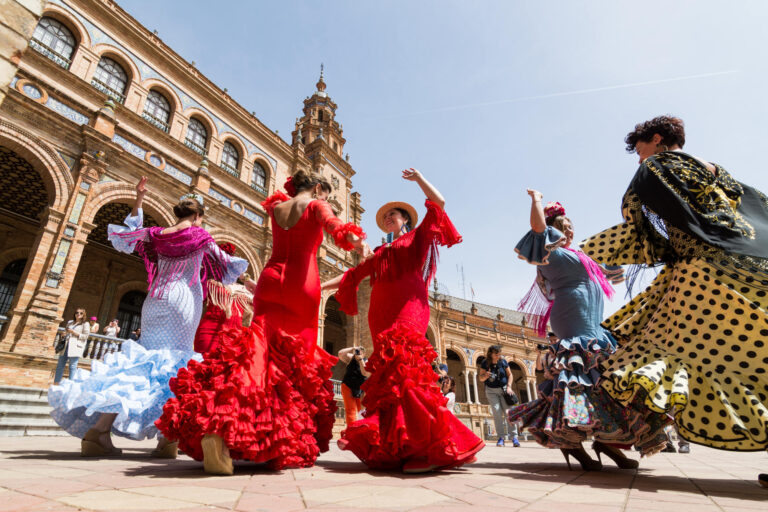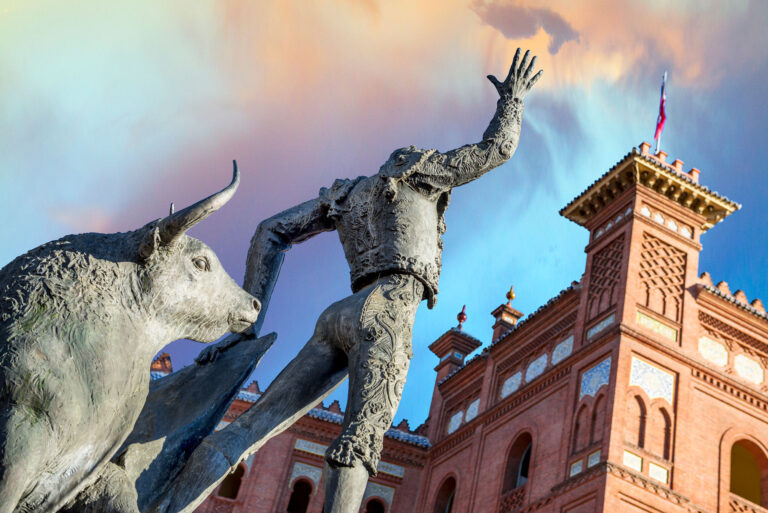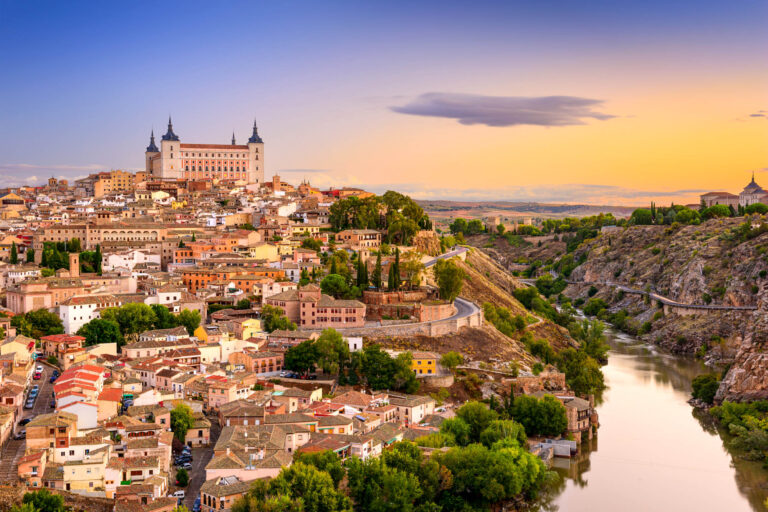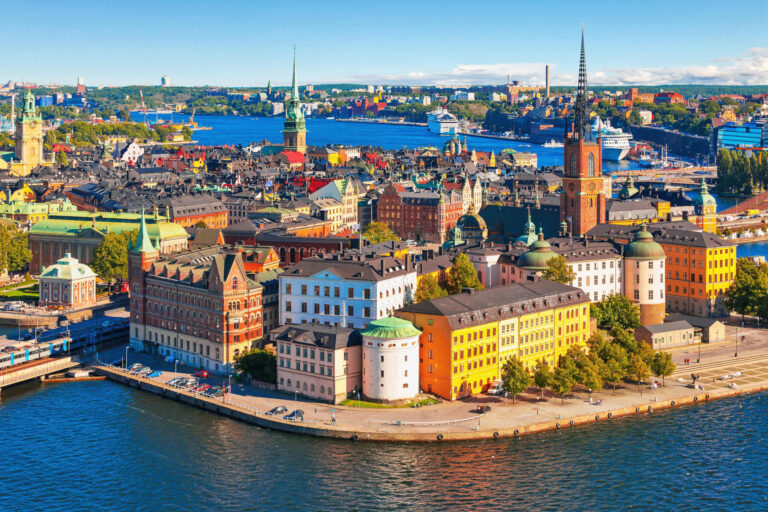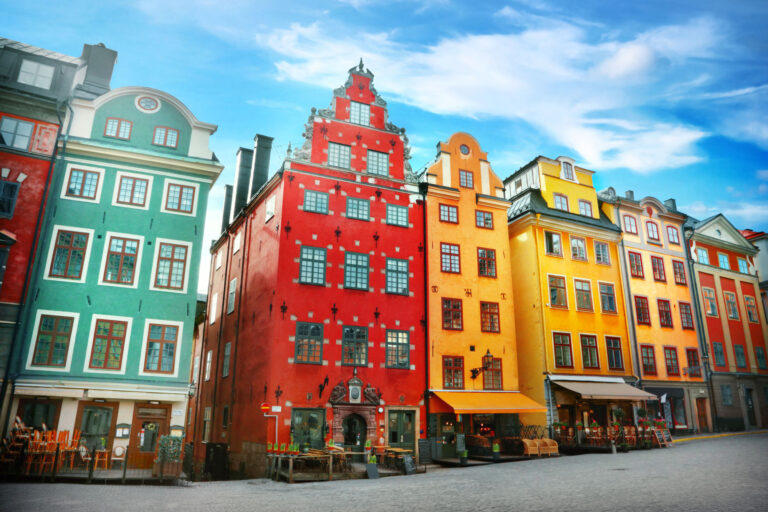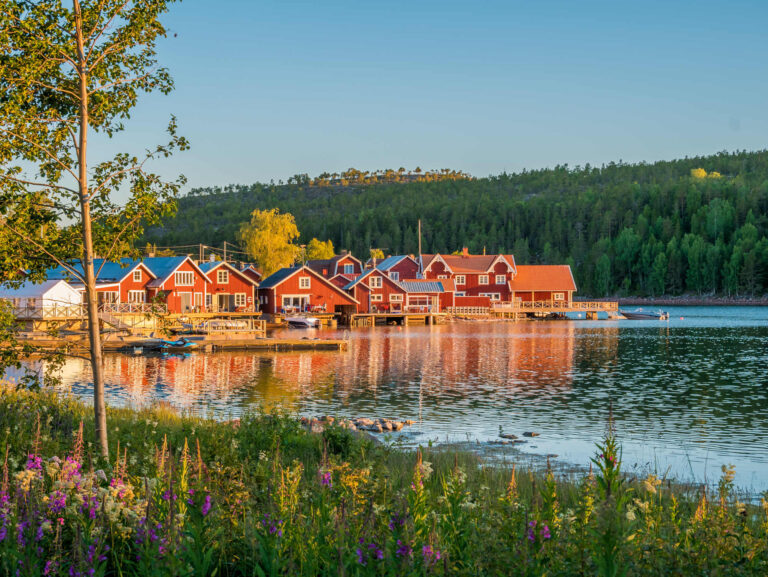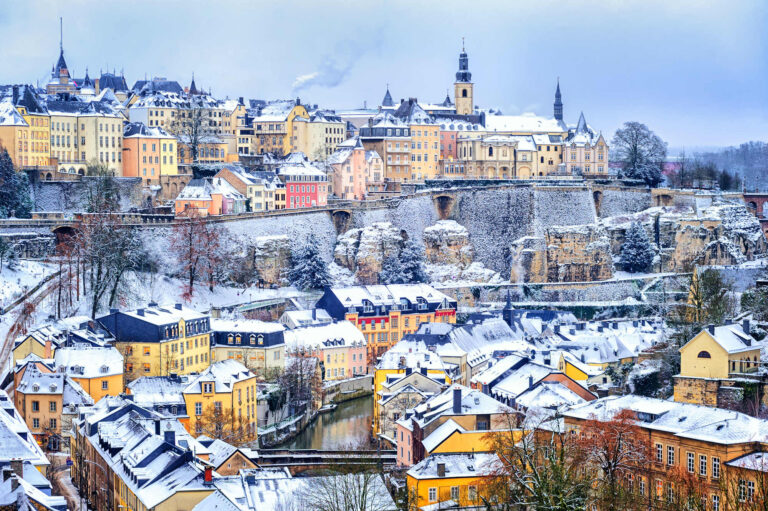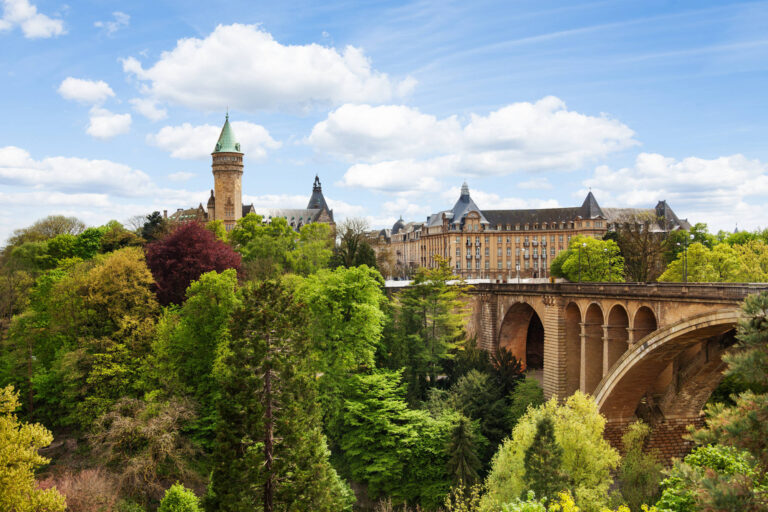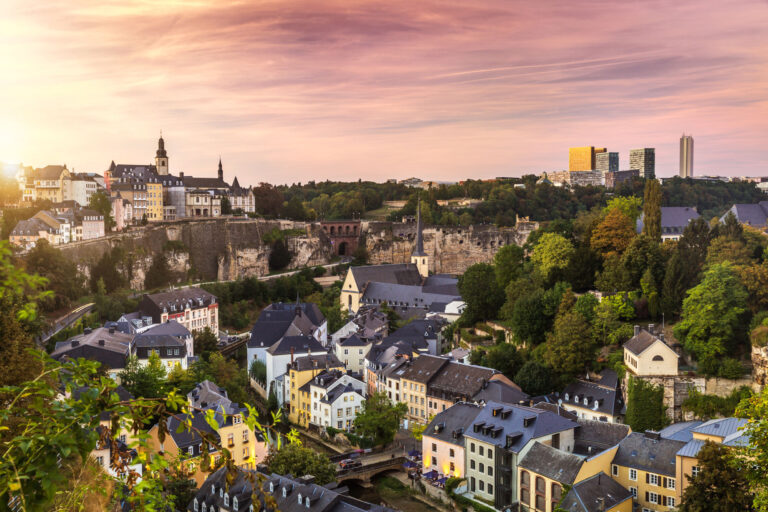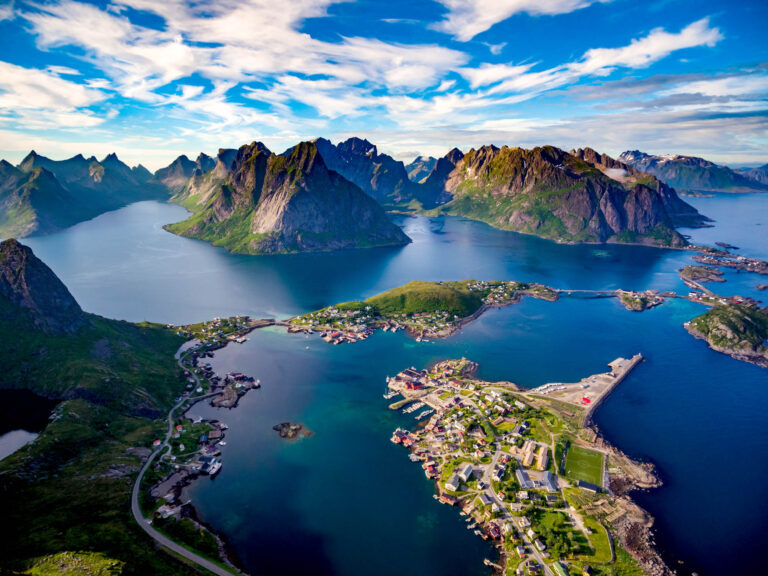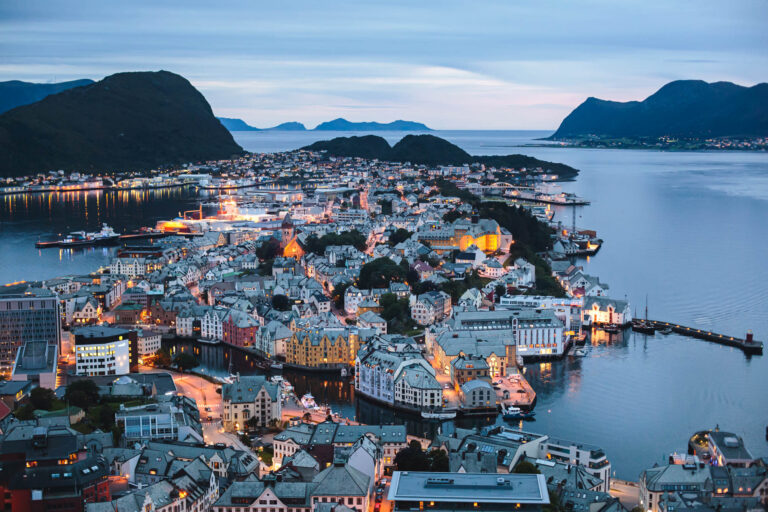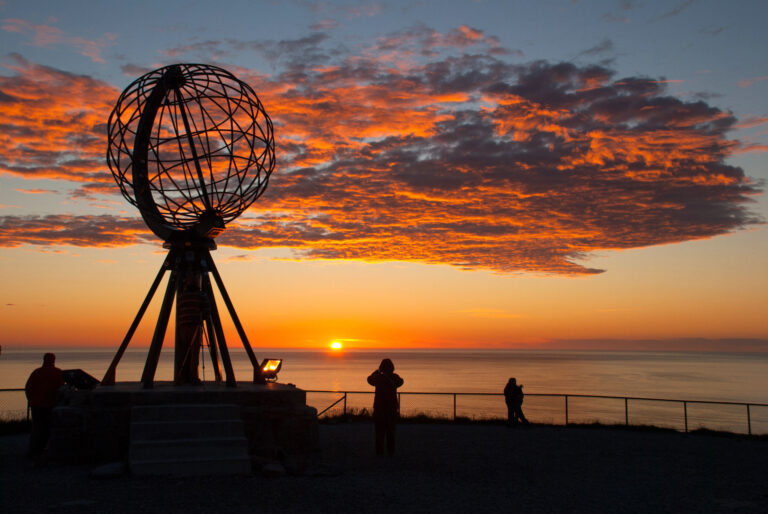
- COUNTRY
- MAIN CITIES
- prev
- next
THE COUNTRY
Settled by Norwegian and Celtic (Scottish and Irish) immigrants during the late 9th and 10th centuries A.D., Iceland boasts the world's oldest functioning legislative assembly, the Althingi, established in 930.
Independent for over 300 years, Iceland was subsequently ruled by Norway and Denmark. Fallout from the Askja volcano of 1875 devastated the Icelandic economy and caused widespread famine. Over the next quarter century, 20% of the island's population emigrated, mostly to Canada and the US. Denmark granted limited home rule in 1874 and complete independence in 1944.
The second half of the 20th century saw substantial economic growth driven primarily by the fishing industry. The economy diversified greatly after the country joined the European Economic Area in 1994, but Iceland was especially hard hit by the global financial crisis in the years following 2008. The economy is now on an upward trajectory, fueled primarily by a tourism and construction boom. Literacy, longevity, and social cohesion are first rate by world standards.
- Blue Lagoon in Grindavík;
- Geysers in Strokkur;
- Thingvellir National Park; Reykjavik;
- whale watching from Reykjavik;
- Gullfoss Waterfall;
- Northern Lights;
- Landmannalaugar Nature Reserve;
- Maelifell Volcano;
- Myrdalsjökull Glacier
- Private Jets, Helicopters and Airliners
- Finest Onboard Catering
- Ground Transport and Yachts
- Luxury Villa & House Rentals
- Local Guide & 24/7 Assistance
- Customized Global Services
TO BE KNOWN
-
The State's CapitalReykjavik
-
Time ZoneUTC 0
-
Telephone Code354
-
Total Area103 000 Km2
-
Population357 603
-
Main LanguagesIcelandic, English, Nordic languages
-
CurrencyIcelandic kronur (ISK)
-
GDP Per CapitaUSD 53600
-
Airports96
TRAVEL INFORMATION
Temperate; moderated by North Atlantic Current; mild, windy winters; damp, cool summers
Icelandic 81.3%, Polish 5.6%, Danish 1%, other 12.1% (2021 est.)
Littering is uncommon in Iceland, and visitors are expected to do their part to maintain the pristine natural environment.
Lamb; Hákarl — cured (fermented) shark meat
High-income European economy; frozen EU accession application but Schengen Area member; tourism industry, which helped rebound the economy after 2008 collapse, hit hard by COVID-19; major fishing industry; complex regulatory environment
Promotional Video
Location
-
Iceland

